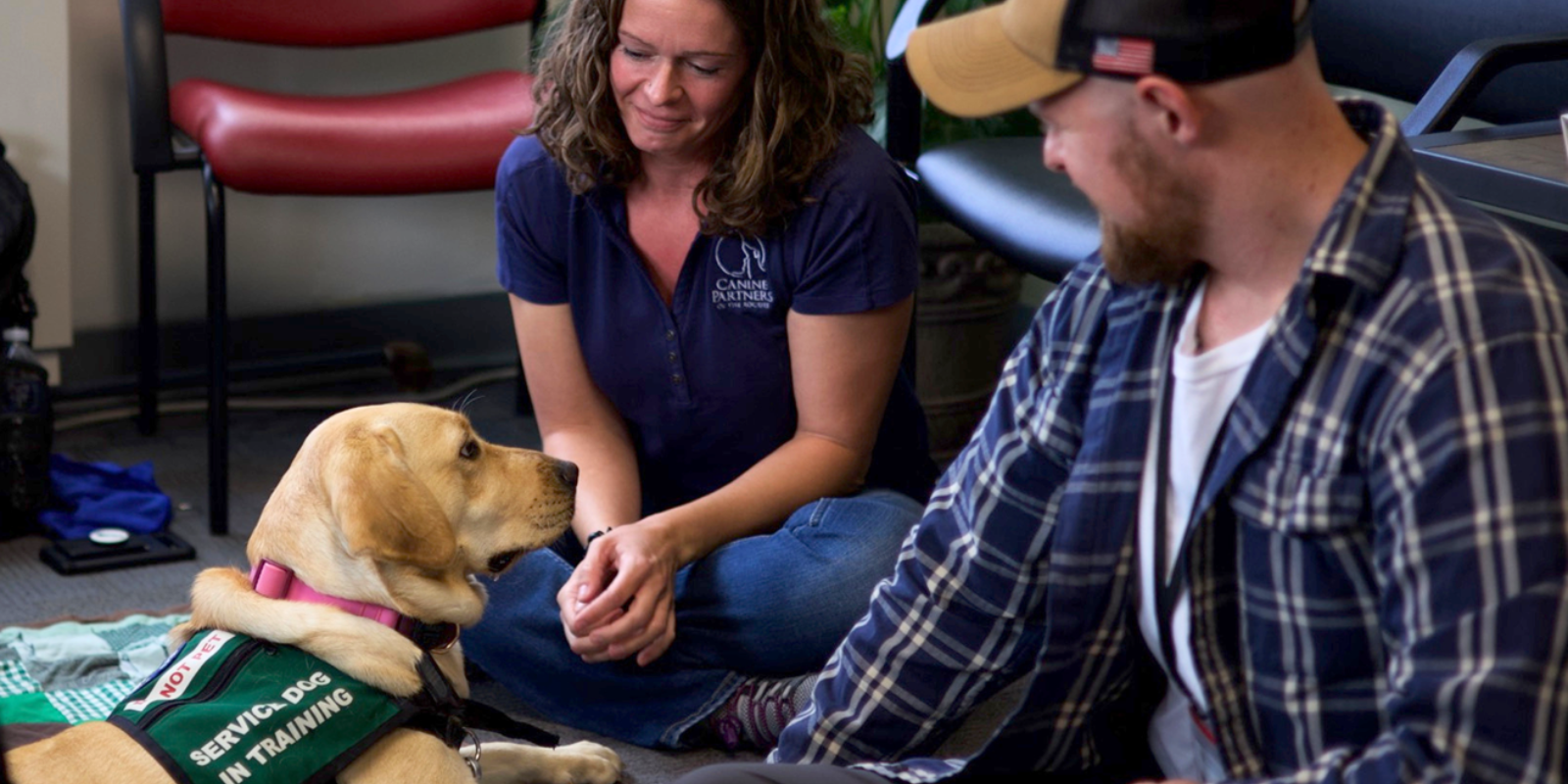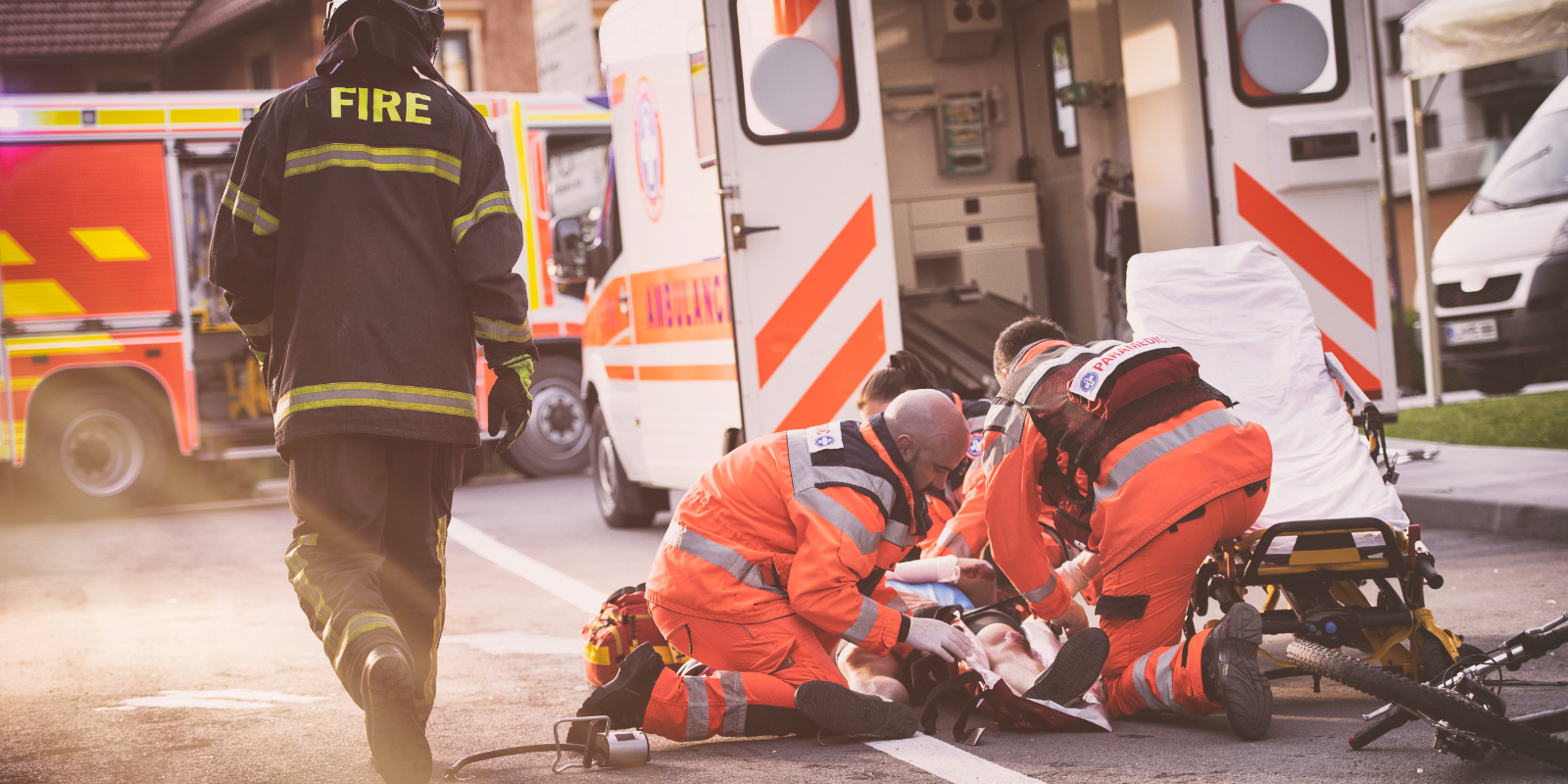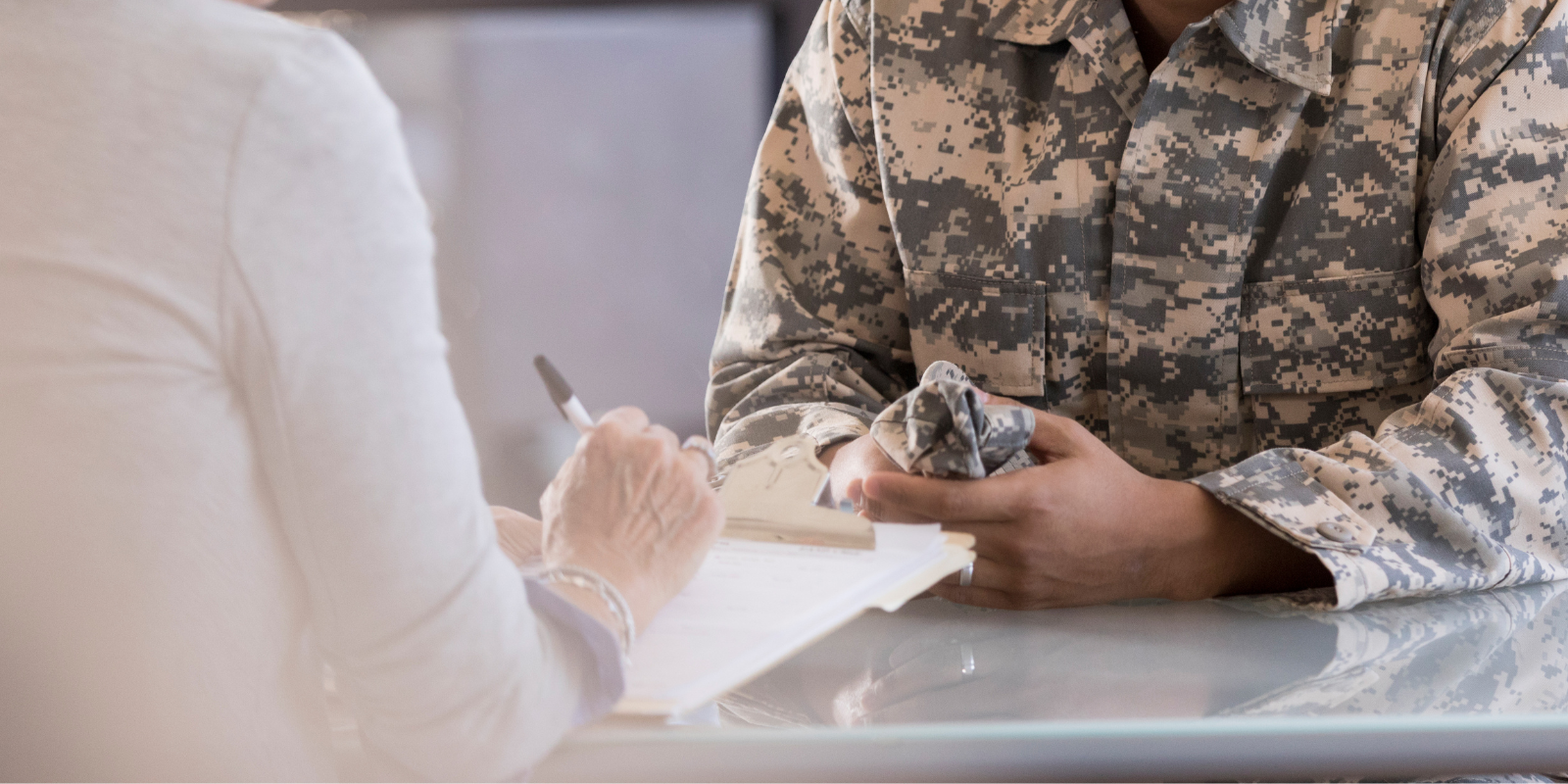Slow is smooth, smooth is fast. This mantra has roots in military training, particularly among special forces units that regularly perform high-stakes tasks involving speed and precision.
It’s also often heard around the Marcus Institute for Brain Health (MIBH) at the University of Colorado Anschutz Medical Campus as a helpful reminder to patients recovering from traumatic brain injuries (TBIs) and psychological conditions.
The institute was developed specifically for former and current military personnel and first responders who often endure TBIs that are complex and interfere with everyday life. For some, a major combat event can cause a brain injury that spawns symptoms for years. For others, smaller, repetitive blasts may lead to damage that compounds and creates cognitive and physical impairments. Researchers are working to better understand the latter.
“For too long, traumatic brain injury has been misunderstood and poorly treated. TBI is often misdiagnosed as mental health conditions such as post-traumatic stress disorder (PTSD), leading to ineffective treatment that fails to address the underlying injury,” says Brig Gen Kathleen Flarity, DNP, PhD, visiting professor of emergency medicine at the CU School of Medicine and executive director of the institute.
Each year, nearly 2.8 million Americans sustain a TBI and often experience life-altering functional effects.
“For military service members, veterans, and first responders, the impact is even greater,” says Flarity, who is also the deputy director of the Center for Combat Medicine and Battlefield (COMBAT) Research, which seeks to solve the U.S. military’s toughest medical challenges. “Mild traumatic brain injury is a signature wound of the Operation Iraqi Freedom and Operation Enduring Freedom wars, with blast-related injuries being particularly unique.”
These TBIs can often be invisible, but their impact can be life-changing.
“One of the most important things for the military and veteran community to understand is that effective treatment exists, and recovery is possible,” Flarity says. “Comprehensive care, addressing physical symptoms and cognitive, emotional, and psychological health, is essential. The treatment process takes time, but individuals can regain quality of life with the proper support. No one should feel like they have to struggle alone. Seeking treatment isn’t a sign of weakness — it’s the first step toward healing, and the Marcus Institute for Brain Health is here for them.”
Interdisciplinary therapy
The institute features a three-week intensive outpatient care program that combines conventional medical treatment with complementary and alternative therapies. Patients experience individualized treatment from a blend of speech-language therapy, cognitive therapy, neuro-physical therapy, counseling and psychological services as well as art therapy and equine therapy.
Clinicians say the unique nature of the program allows patients a seamless approach to recovery and a chance for therapists with specialty expertise to easily work together to find the most effective treatment options for each patient.
“We try to collaborate and pull things in from other disciplines,” says speech language pathologist Shaylin Schundler, MS, CCC-SLP, CBIS, instructor of physical medicine and rehabilitation. “If I’m working on a cognitive issue, I fully acknowledge that they might not have just an attention issue, they may also have a history of dissociation on top of that.”
TBIs can cause speech difficulties, anxiety, and balance issues—symptoms that often overlap and complicate recovery. Schundler says there is sometimes a “chicken or the egg” situation in deciphering which condition came first or what symptom is causing another.
Regardless, the team works to develop treatment modalities to address them.
 Staff of the Marcus Institute for Brain Health work with a patient. Photos courtesy of MIBH.
Staff of the Marcus Institute for Brain Health work with a patient. Photos courtesy of MIBH.
In neuro-physical therapy, Kayla Crowder, PT, DPT, NCS, instructor of family medicine, focuses on the neurological system and how brain injuries impact patients in their day-to-day lives.
“I focus on sensory integration, which is how effectively the brain can process all the sensory input the world throws at it,” Crowder says. “One sensory input is vision, particularly ocular motor function, where we assess how well the eyes coordinate and move together. This includes binocular vision, which is crucial for tracking moving objects and reading. Another important sensory input we examine is the vestibular system, which helps with balance and stability.”
Those balance issues may cause a variety of other symptoms, such as feeling overwhelmed or overstimulated in a busy environment.
“When the brain struggles to process sensory input, it can sometimes lead to instability, as well as activate the autonomic nervous system,” Crowder says. “That fight or flight response can manifest as dizziness, nausea, anxiety, or irritability. A person may feel like they want to get out of a particular environment because it's just too overwhelming from a sensory input perspective.”
Symptoms may also overlap with psychological health. Katie Gionet, PsyD, clinical neuropsychologist and senior instructor of psychiatry, works with patients to address that aspect of their treatment.
“While PTSD can be a symptom of traumatic brain injury, it is important to treat all psychological symptoms regardless of if they onset before and after the TBI, as they significantly impact functioning and rehabilitation,” Gionet says.
A model for civilian care
While designed for veterans and first responders, Flarity sees the intensive outpatient program model as something that could be beneficial to nearly every TBI patient, regardless of their career or reason for injury.
“Many individuals, both military-affiliated and civilian, face challenges related to brain injuries, post-concussion symptoms, or neurological conditions that affect their daily lives,” she says. “An integrated multidisciplinary approach that combines neurology, mental health, rehabilitation therapies, and wellness strategies could lead to significant improvements across all communities, not just within the military.”
The team believes the program’s holistic nature makes it a good option for patients with varying backgrounds and experiences.
“Our intensive, interdisciplinary care treats not just symptoms, but the whole person—physically, cognitively, and emotionally,” Flarity says.
Primed for impactful research
The unique nature of the institute also allows critical TBI research, especially in military and first responder populations. Among the most urgent needs in brain injury research is establishing a deeper understanding of conditions like repetitive blast injuries and low-level cumulative blast.
We are just beginning to comprehend the long-term effects of repeated exposures and how they differ from other forms of TBI,” Flarity says. “The hope for the future is that this research can lead to earlier detection, more targeted treatments, and, ultimately, better recovery outcomes.”

MIBH team members pose with a cohort of the three-week intensive outpatient care program.
Over the past year, MIBH researchers engaged in three research studies, two of which were funded by the U.S. Department of Defense and one that is still enrolling patients. Jeffrey Hebert, PhD, PT, associate professor of physical medicine and rehabilitation, is principal investigator of the studies.
Currently, the institute is working to learn more about emotional irritability and how those feelings relate to standing balance and auditory processing. A study is actively enrolling veterans, both with and without a history of TBI.
“We frequently hear from our patients at MIBH that they experience increased irritability following their injury,” says Crowder, who also works as the institute’s research coordinator. “We aim to understand the factors that contribute to this irritability.”
Flarity says the institute is well-positioned to take on these big questions of brain health and TBI recovery.
“With access to a unique patient population, advanced diagnostic tools, and an integrated care model, we’re equipped to explore unresolved questions and drive innovations in treatment,” she says. “Ongoing research will enhance care for service members and veterans while also benefiting civilians who experience similar injuries from sports, accidents, or occupational hazards.”






